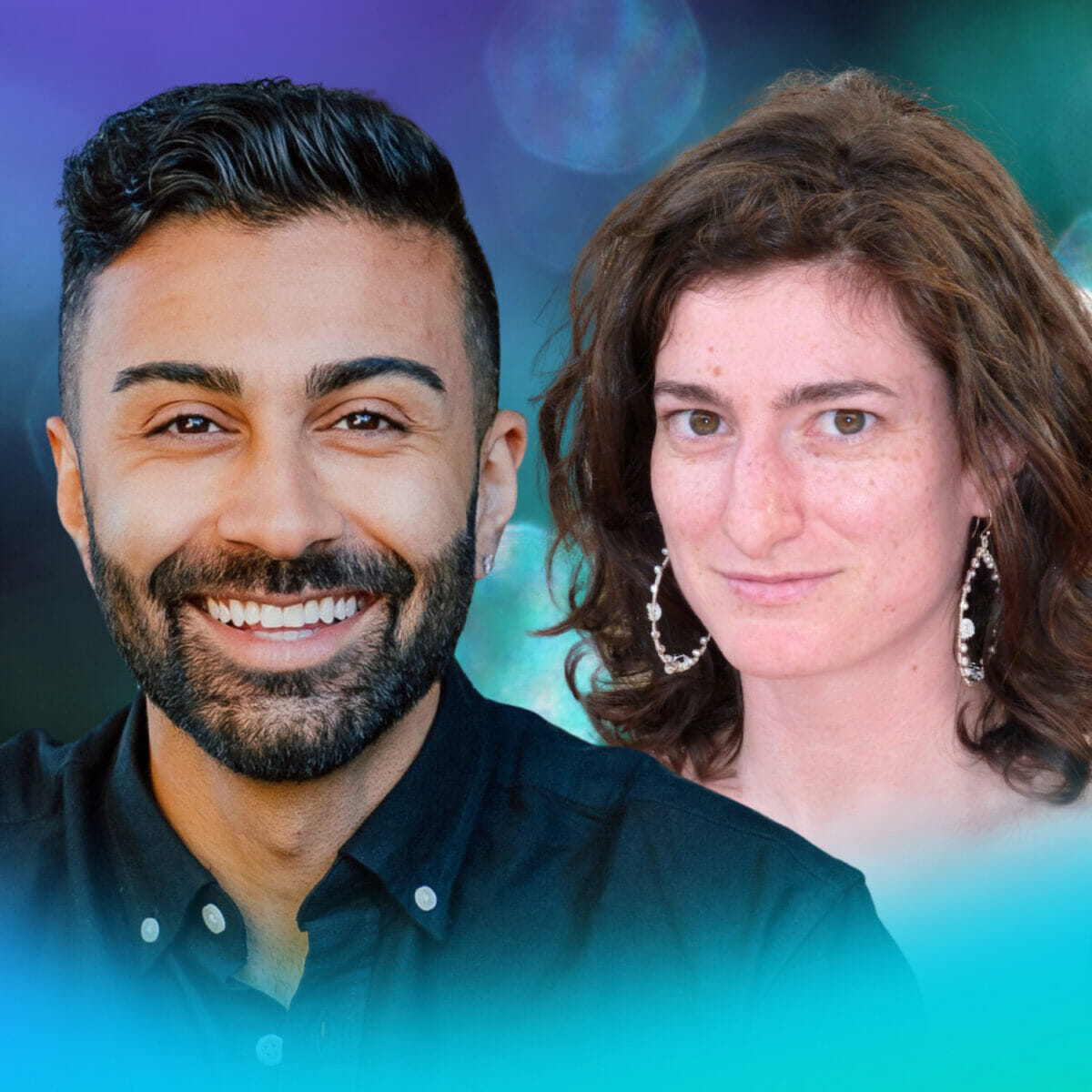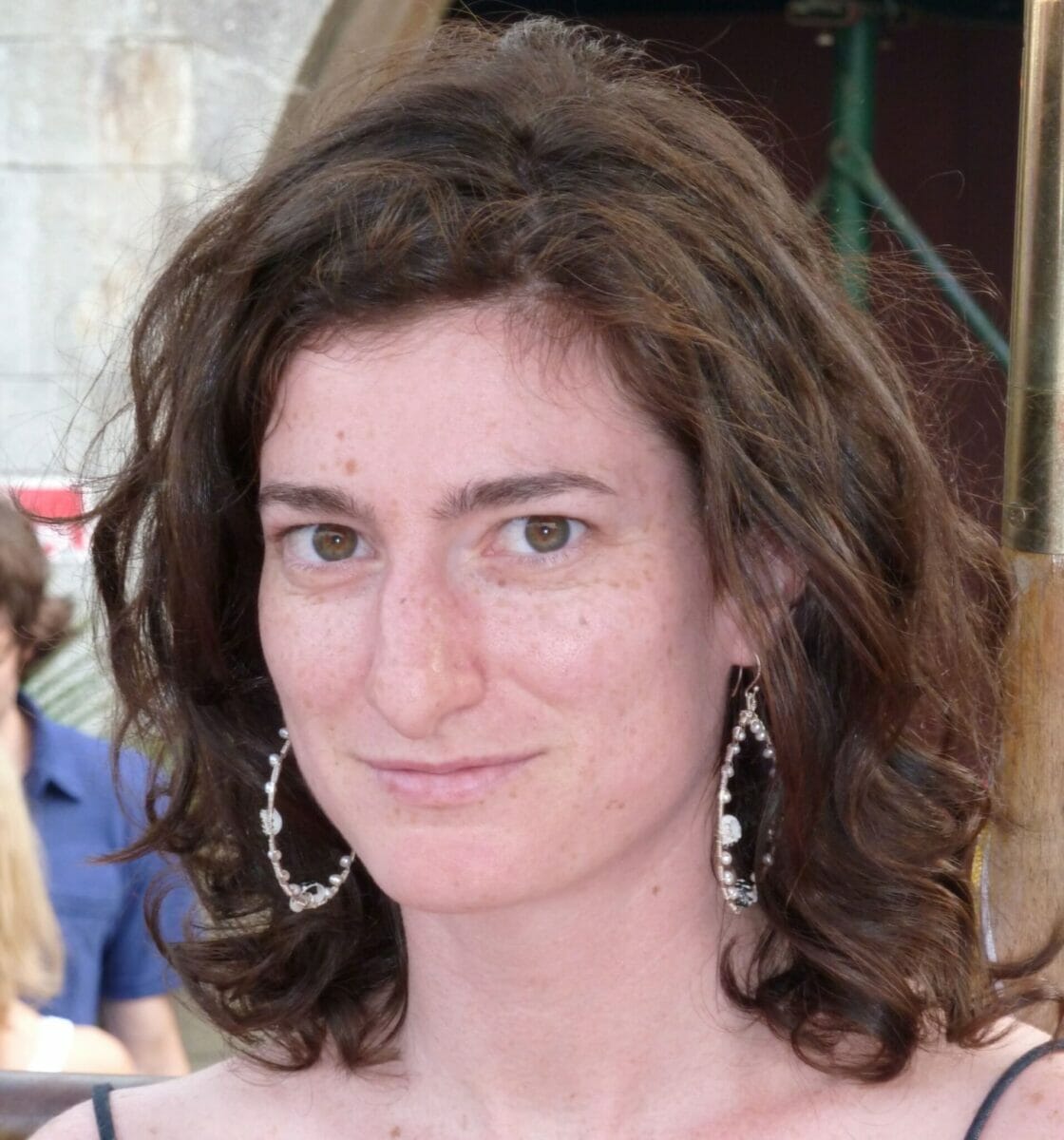
Research
PT444 – A Glimpse Into the Psychedelic Neuroscience Landscape
September 22, 2023
Featuring: Melanie Pincus, Ph.D. & Manesh Girn, Ph.D.
In this special episode, Melanie Pincus, Ph.D. and Manesh Girn, Ph.D., who joined David in episode 403 to discuss the launch of their new course, essentially interview each other.

In this special episode, Melanie Pincus, Ph.D. and Manesh Girn, Ph.D., who joined David in episode 403 to discuss the launch of their new course, essentially interview each other.
As the 2nd edition of their popular course, Psychedelic Neuroscience Demystified, begins on November 1, we wanted to give them a chance to highlight some of the aspects of neuroscience students can expect to learn in the course, and what so many people who are interested in psychedelics don’t fully understand: What does neuroplasticity actually entail? Can one predict if a patient is more apt to have an experience with ego dissolution? How does the amygdala relate to mood disorders? When are critical periods of greater plasticity and socialization at their most beneficial? How does neuroplasticity relate to chronic stress?
They also discuss lessons they’ve received from their own journeys; why they created the course; serotonin; psychological flexibility; body-based versions of self vs. memory-based versions; psychedelics and re-encoding memories (and the potential for false memories); how psychedelic therapy is different from standard drug treatments; psychedelics and the default mode network (is the story oversimplified?), and much more.
For more information on their course, and to sign up, click here!
Notable Quotes
“A major insight from my psychedelic journeys is just how dense and heavy thoughts and mental content can be. And we often feel the need to overanalyze and think about things and get lost in our concepts and internal dialogue as opposed to experiencing things in the moment, as they are, in a more deeper kind of intimate way – having a greater intimate relationship with our senses, with the immediacy of what’s happening. And my psychedelic experiences, whether it’s with psilocybin or 5-MeO-DMT or what have you, have allowed me to glimpse into states where that stuff is just totally removed, and I’m just immersed in the rawness of experience and just how beautifully vibrant and alive and spontaneously intelligent that is, and how superfluous a lot of our thinking really is, and it just weighs us down. I think my journeys have just allowed me to live with greater ease and hold on to my identity and my narratives much more lightly. So I see them, I acknowledge them, but I’m not totally lost in them. I don’t identify strongly with them.” -Manesh
“Perhaps what’s happening is that MDMA induces a super positive mood where you feel really socially connected, really empathogenic with your therapist or whoever’s around you, you feel so safe and supported. And so if challenging traumatic memories come up, there’s this mismatch between the emotional trace of the traumatic memory and the unique state you’re in with the MDMA on board. And so this mismatch drives the memory reconsolidation process so that your traumatic memory is amended with less fear to be more in line with your current way you’re feeling of being so safe and supported.” -Melanie
Links
Opening Critical Periods with Psychedelics, by Melanie Pincus, Ph.D. & Manesh Girn, Ph.D.(c)
PT258 – Manesh Girn – Psychedelics and the Brain: Neuroplasticity and Creativity



